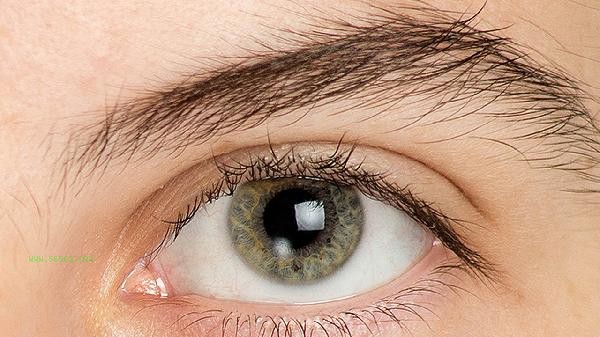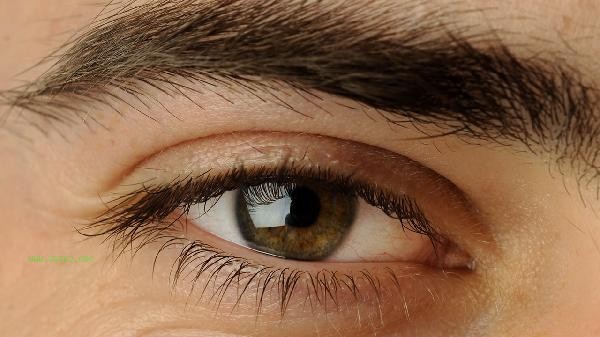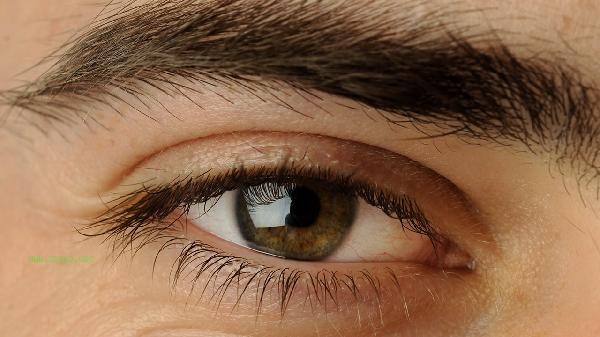Whitening injections may indeed help improve skin tone, mainly through antioxidant and inhibition of melanin synthesis pathways. The main components of whitening injections include glutathione, vitamin C, tranexamic acid, etc. The mechanism of action involves blocking tyrosinase activity, neutralizing free radicals, and accelerating metabolism and pigment deposition. But the effect varies from person to person and needs to be strictly carried out under the guidance of a doctor. Glutathione is one of the core components of whitening injections. As a powerful antioxidant, it can neutralize free radicals in the skin and reduce the stimulation of melanocytes by oxidative stress. At the same time, it can inhibit tyrosinase activity and interfere with the melanin production chain. Vitamin C has dual effects of brightening and anti-aging by reducing formed melanin and promoting collagen synthesis. Chuanming acid can block the signal transmission between melanocytes and keratinocytes, reducing pigment deposition from the source.

Some whitening injections add ingredients such as tranexamic acid to reduce UV induced inflammatory pigmentation by inhibiting plasminogen activator. But these ingredients may affect coagulation function, and women during menstruation or those with coagulation disorders should use them with caution. Some compound formulas also contain synergistic ingredients such as alpha lipoic acid and coenzyme Q10, which enhance cellular metabolic capacity by improving mitochondrial function and help break down and eliminate melanin that has already been generated.
Whitening needles need to be injected intravenously to allow the ingredients to reach the bloodstream, which is more effective than topical products. But the maintenance time is limited, usually requiring regular injections according to the course of treatment. Temporary nausea, dizziness, and other discomfort may occur after injection, and individuals with allergies may develop rashes or blood pressure drops. Long term excessive use may increase the burden on the kidneys, and some components may interfere with hormone balance in the body.

When pursuing whitening, priority should be given to basic care such as sun protection. Whitening needles are more suitable for improving stubborn pigmentation or post inflammatory pigmentation. Liver and kidney function tests should be conducted before injection to avoid co administration with photosensitive drugs. After treatment, it is necessary to strengthen moisturizing repair and reduce glycation reactions with a low sugar diet. It is recommended to choose a legitimate medical institution for operation and avoid using injection preparations with unknown ingredients.










Comments (0)
Leave a Comment
No comments yet
Be the first to share your thoughts!